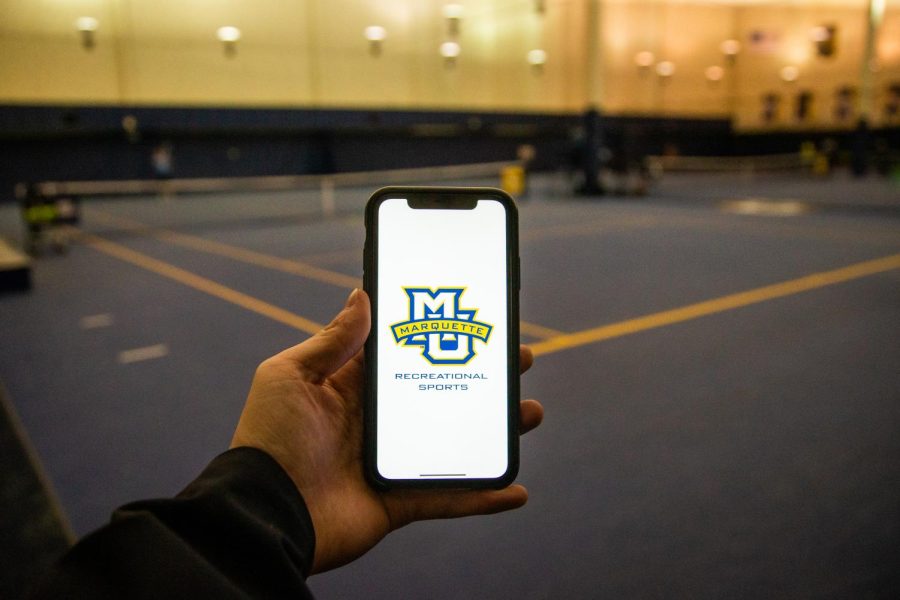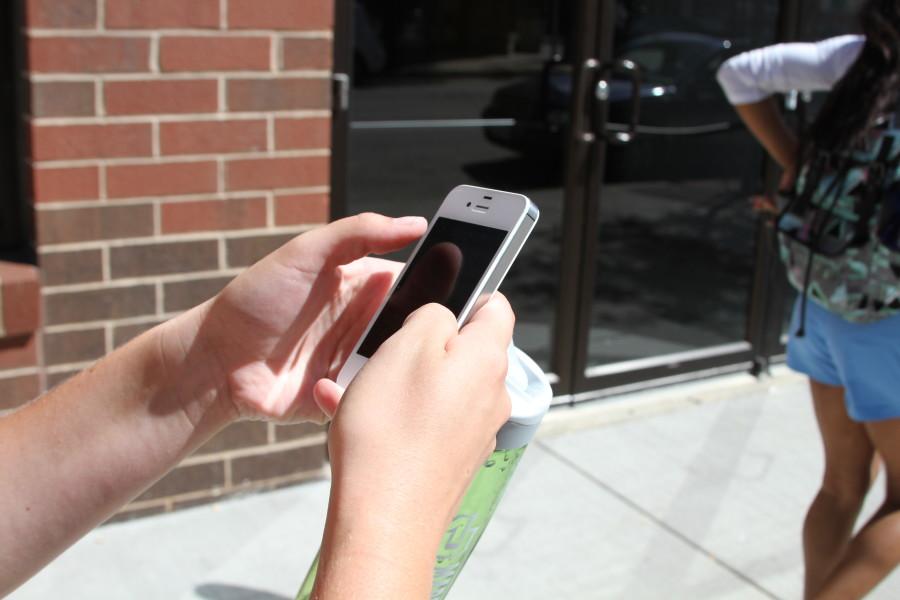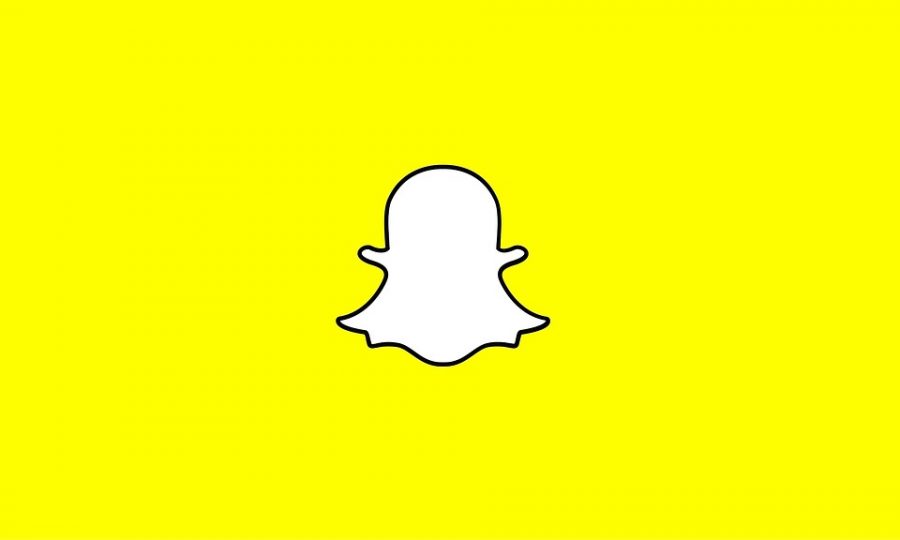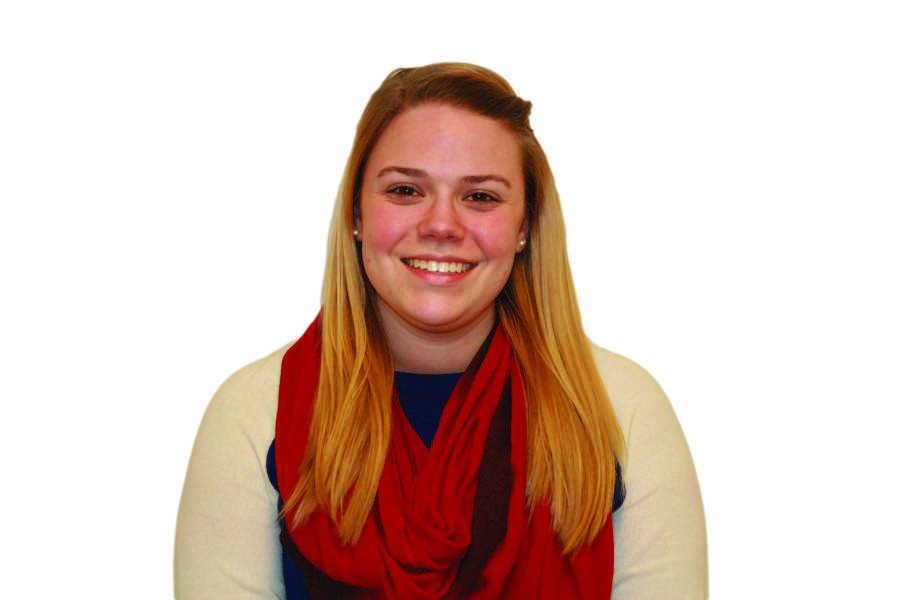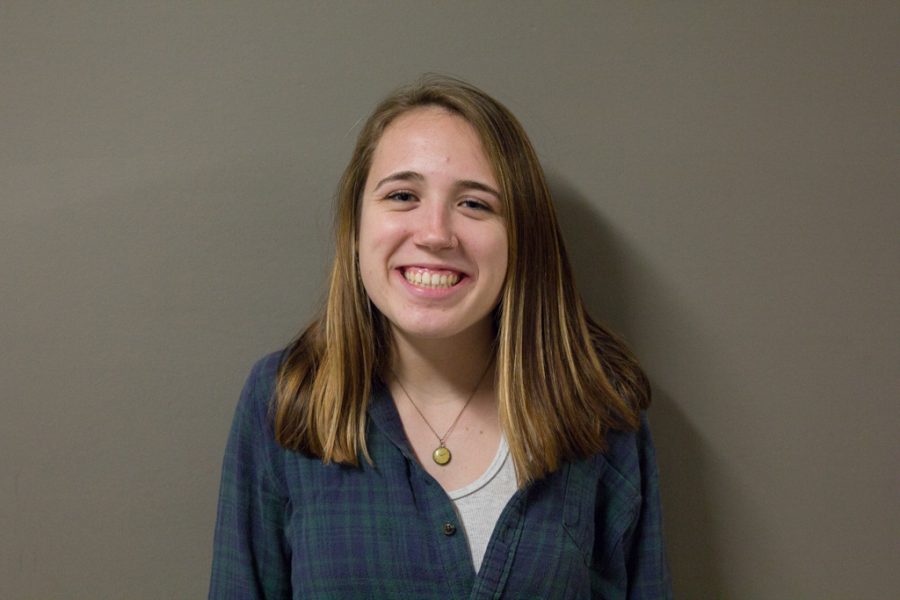Originally launched in 2004 as a social network for Harvard students, Facebook has since broadened its appeal to include more than 500 million users. But a new Facebook application could be taking the social network back to its roots.
The Schools App, developed by the San Francisco-based firm Inigral, is designed to increase enrollment and retention rates by grouping incoming and current students at a given college according to their interests and lifestyles. Students are only invited to use the app once they have been admitted to the university.
Fifteen colleges and universities currently use the Schools App, including Arizona State University, the largest public university in the U.S. The app created 35,000 online friendships across the country last year.
The company’s website claims colleges using the Schools App have had five percent higher retention rates and five times higher enrollment rates than non-using schools. It also says 94 percent of admitted students who used the app enrolled in the school.
The app’s focus on connecting people with no previous relationships has made all the difference, said Michael Staton, CEO of Inigral.
“Facebook has become more of a communications tool between people that already know each other,” Staton said. “It still has the information about somebody, but it doesn’t really tell you their story, or give you any calls to action in terms of reaching out to that person to meet them besides the friend request.”
Last month, Inigral received a $2 million program-related investment from the Bill & Melinda Gates Foundation to fund further development on the Facebook app platform.
The company is part of an exclusive group of about 50 in Facebook’s Preferred Developers Program, allowing it access to Facebook’s leadership and engineering teams and some knowledge of upcoming Facebook features. Inigral is the only Preferred Developer focusing on higher education.
The Schools App originally had features related to course work, but participating universities ran into problems, Staton said.
“Faculty, on the whole, are not very excited to do something new or different,” he said.
Staton said Inigral originally gave each course a separate Facebook wall, but many of these walls remained empty.
“Some became ongoing study groups, but that was a small minority,” he added.
Schools typically do not want to share course enrollment information with third parties, Staton said, and many schools had technical problems integrating the app with their existing software.
Staton said incorporating academics into the Schools App is “more of a pipe dream than something we’re actually doing.”
Marquette is aware of the Schools App and has looked into the possibility of participating, but has no plans to do so in the near future, said Tim Cigelske, a communication specialist in the Office of Marketing and Communication who manages Marquette’s social media.
Cigelske pointed out that unlike Marquette’s current Facebook, Twitter and Foursquare accounts, Inigral’s app is a paid service. Colleges and universities using the Schools App pay anywhere from $10,000 to $70,000 each per year for two separate modules, one for incoming students and the other for current students.
Grouping by common interests could limit students’ possibilities for friendships, said Daradirek “Gee” Ekachai, an associate professor of public relations.
But Staton said regardless of how it’s done, making connections between students is crucial to the college experience.
“The quintessential college experience has a whole lot to do with your social experience,” he said. “Making sure that that is an inclusive process, that everybody gets that opportunity, is something that most software is not trying to do.”


